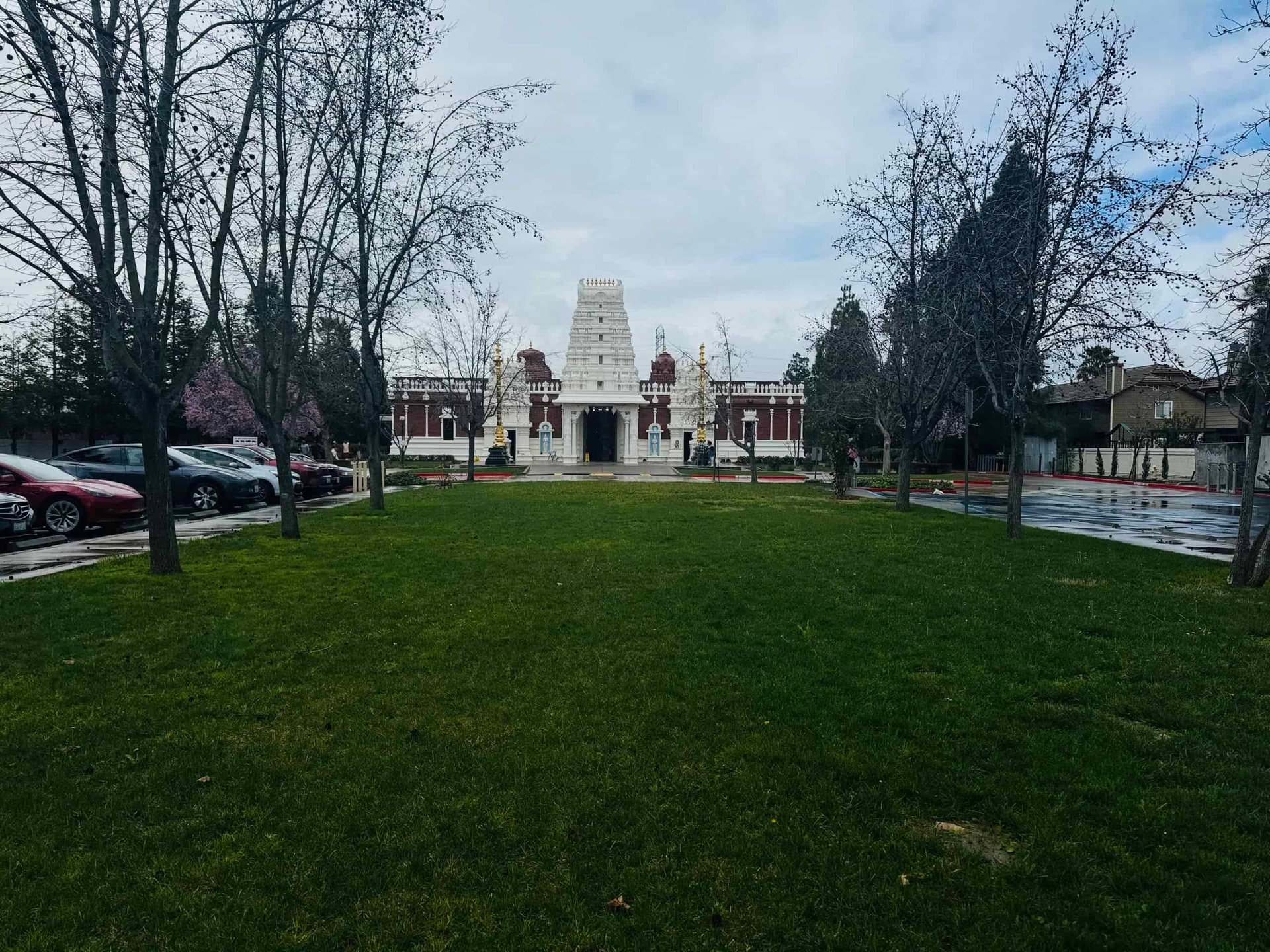I love cheese. I wish I knew more about them. But to eat a Manchego in Spain or a Brie de Meaux in France, a Stilton in Britain, or Gorgonzola with Barolo in Italy doubles the pleasure. The same goes for Feta in Greece or in my case Turkey. Bread, cheese, wine. Pretty much all you need.
Travelling with kids: Shopping in Turkey turns up fine feta
Shoba Narayan
August 7, 2014 Updated: August 7, 2014 04:52 PM
My daughter and I are in Istanbul’s Grand Bazaar. Her eyes are gleaming. She darts from shop to shop like a butterfly seeking nectar – holding up harem pants; a shimmery hijab that she wants to use as a scarf; some tiny red glasses that are used to serve Turkish coffee but that she wants to use as a candleholder.
“Look at these,” she says, holding up some blue porcelain bowls. “Wouldn’t they be great to serve salad in?”
I just want to get out of the place. I feel claustrophobic and impatient.
Perhaps because my mother loved to shop, I don’t. And perhaps because I don’t like to shop, my daughter loves to. This usually doesn’t matter in daily life. My elder daughter, Ranjini, who’s in high school, goes out with her friends when she wants to shop and she orders things online – I pay the bill. It’s an arrangement that suits us both.
All of that changes when we’re on holiday. A big part of holidaying is shopping. It’s not what you buy as much as the hunt. You find good neighbourhoods that have interesting shops; you engage with the shopkeepers, who are usually locals; you figure out things that you like from that particular country and if you can use them back home; and you engage in the song and dance of bargaining, depending on the country.
In Germany, for example, you don’t bargain. You just figure out if the dirndl skirt that looks so good in the photograph will work when you wear it back home. In Egypt, Bali or Pakistan, you bargain.
Over the years, my family and I have travelled to malls and souqs in search of the perfect item to take back home. Sometimes, however, a shopping trip results in a memory that’s as potent as the souvenir or the object that you carry back. This is what happens in Istanbul.
It’s a little boy with limpid eyes standing beside his father that catches our attention. The father is selling feta cheese at one of the entrances of the Grand Bazaar. As we walk by, the feta sellers call us with entreaties in Turkish. Presumably, they want us to try to buy their cheese. Amid the Turkish is one little voice: “Madam, can I practise my English?”
We stop. It’s the little boy – he must be 6 or 7. He smiles at us. We smile back and walk towards his father, who offers us a cube of feta on a toothpick.
“We already had breakfast,” says Ranjini with a smile.
“Try it,” says the boy. “It is the best feta in all of Istanbul.”
That’s a challenge we cannot resist. The little boy is right: it’s the best feta that we’ve eaten in our lives. Perhaps it’s because it’s so soft and fresh; perhaps because it’s soaked in olive oil; or perhaps because it’s served with an angelic smile. Whatever the case, we continue eating a couple of samples and end up buying a tub. In between, the boy and my daughter speak to each other in English. His English is halting but good. He asks about India and what we think about his country. Ranjini asks about his life: where he lives (close by); whether he goes to school (yes); and his grade (second).
It’s an encounter that we will never forget. I can visualise the boy’s face as I write this. As for the feta, my mouth is watering right now.




Leave A Comment